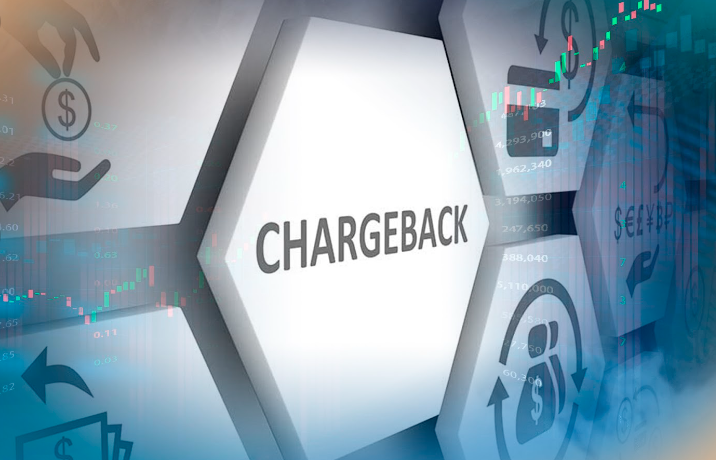Chargebacks can be one of the most frustrating things to deal with as a small business owner, but they’re also just part of doing business in the 21st century and keeping your customers happy. Fortunately, chargebacks don’t have to be scary or mysterious if you know what they are and how to handle them properly. So here’s everything you need to know about chargebacks: what they are, why they matter, how you can prevent them, and more.
What is a Chargeback?
A credit card chargeback is a transaction processed through a customer’s credit card issuer instead of the merchant. According to SoFi, “You can also request a chargeback when the goods or services that you paid for with the credit card you received aren’t delivered as advertised.” For example, if the bank approves the request, then funds are taken from the company and placed back into the account of the person who initiated the chargeback.
Why Do Chargebacks Happen?
There are a few reasons why chargebacks happen, but the most common is that customers are unhappy with the product or service they received. For example, if you have been running your business for any length of time, you’ve likely encountered at least one unhappy customer who might have filed a chargeback on their purchase with their credit card company.
Ways to Avoid the Adverse Effects of Chargebacks
Payment processing has come a long way since bartering and trading. Today, businesses of all sizes rely on chargebacks to keep their finances in order and protect themselves from fraud.
Strategies for Managing Chargebacks
1. Understand why chargebacks happen in the first place, this way, you can take steps to prevent them from happening again.
2. Fight chargebacks that you know are unwarranted.
3. Know what your merchant account provider is willing to do for you. A common strategy is to work with the card issuer and try to have a chargeback reversed or minimized on your behalf.
4. Don’t just wait for it to happen and react when it does – make sure you proactively check your accounts daily for any changes in balances or purchases that don’t seem like they should be there.
5. If you’ve been doing all these things but still receive a chargeback notice, it’s time to appeal it.
If you’re thinking about starting a business, one of the first things you need to do is decide how you’ll accept payments. Credit cards are one of the most popular payment methods, so it’s essential to understand how they work.
How Are Chargebacks Calculated?
A chargeback is calculated as a percentage of the total transaction amount and is assessed by the card issuer. The card issuer will also charge a fee for each chargeback.
Declined Payments
A chargeback is when a cardholder disputes a transaction with their card issuer and asks for a refund. This can happen for various reasons, including fraud, non-delivery of goods or services, or dissatisfaction with the product.
If you’re a merchant, you’ve been hit with a chargeback at some point. And if you haven’t, you will be eventually. So the best way to prepare is to know everything about chargebacks beforehand.





